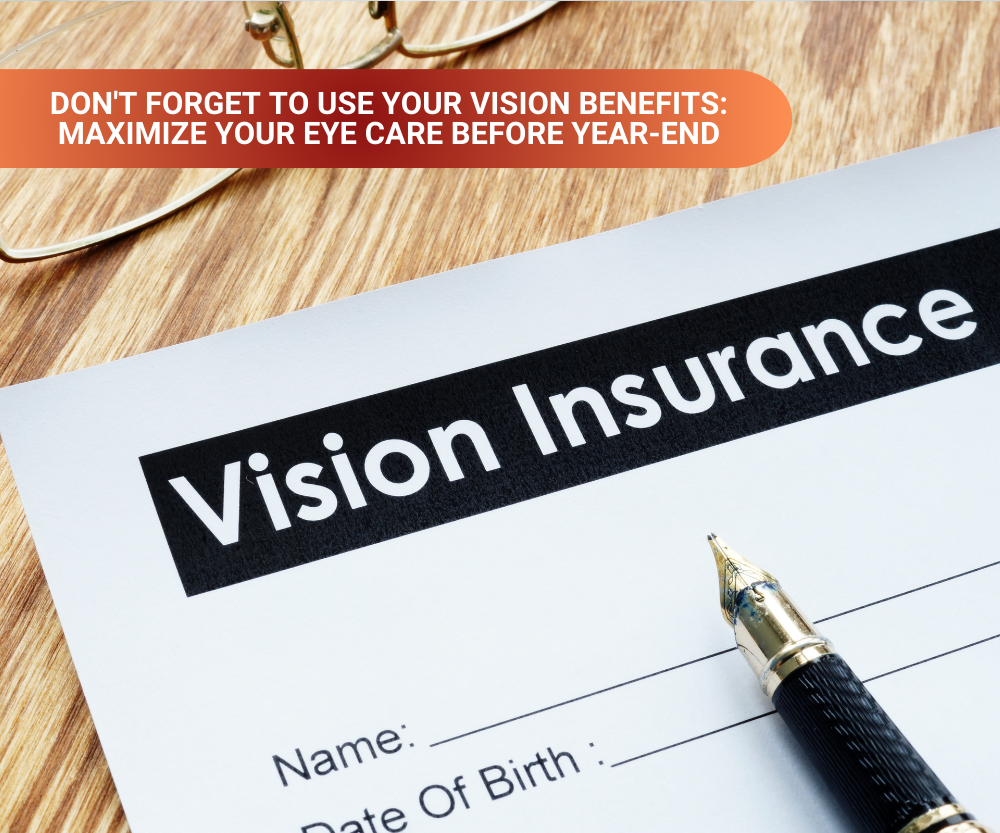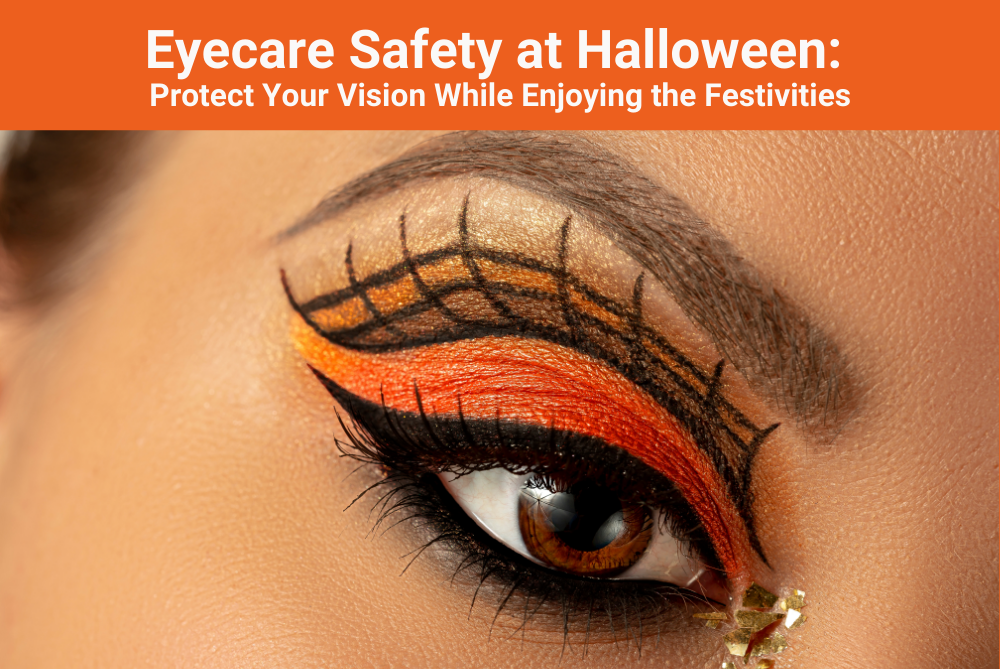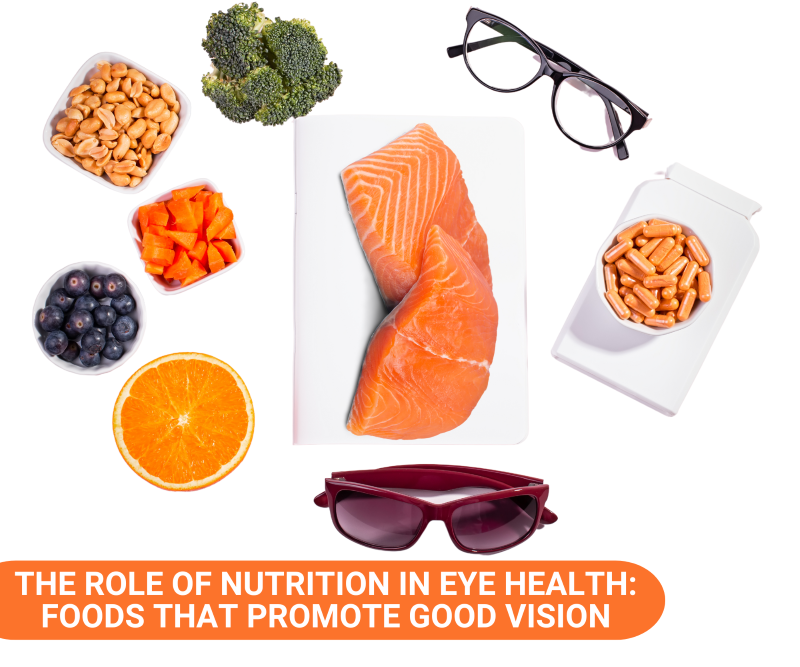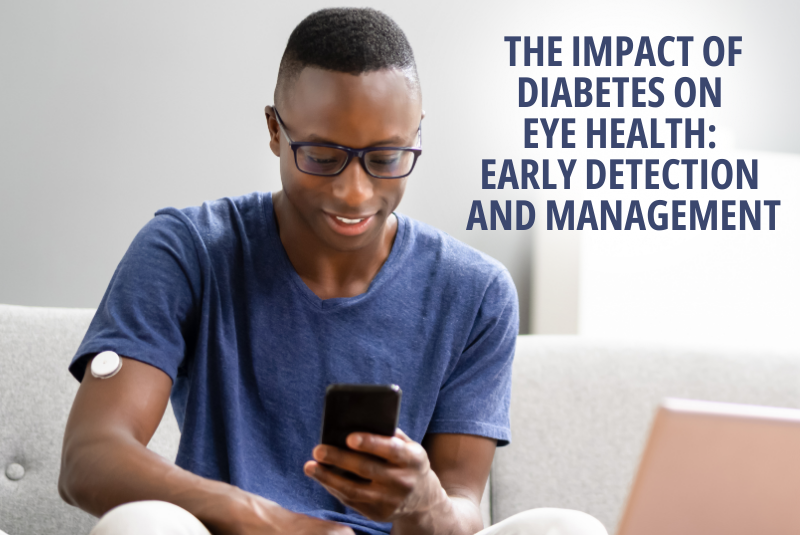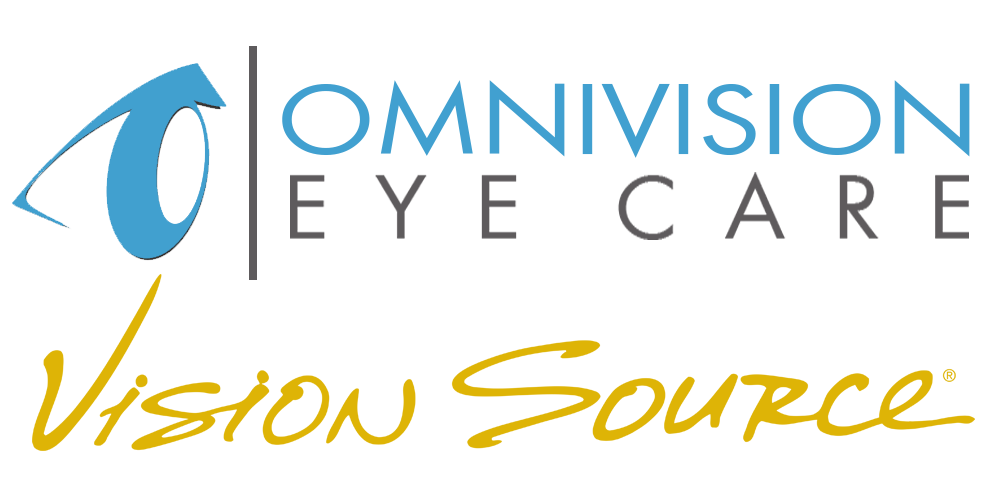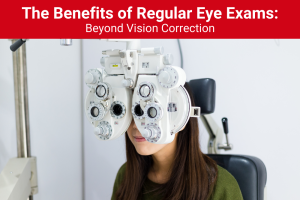Our eyes play a crucial role in our everyday lives, and taking care of them is essential. However, eye exams offer more than just an opportunity to update your prescription or check your visual acuity. Routine eye check-ups provide a window into your overall health, allowing for the early detection of systemic diseases such as hypertension, diabetes, and even neurological conditions like multiple sclerosis. Here’s why scheduling regular eye exams is vital for maintaining both your vision and your general well-being.
The Benefits of Regular Eye Exams: Beyond Vision Correction
Why Eye Exams Matter
- Vision Correction and Quality of Life The most common reason for getting an eye exam is to correct vision problems. Conditions like nearsightedness, farsightedness, astigmatism, and presbyopia can be easily managed with prescription glasses, contact lenses, or vision therapy. Clear vision significantly impacts your quality of life, whether you’re driving, reading, or working on a computer.
- Early Detection of Eye Diseases Eye exams can catch eye diseases in their early stages before symptoms become apparent. Conditions like glaucoma, cataracts, age-related macular degeneration, and diabetic retinopathy can cause permanent damage if left untreated. Early intervention can preserve vision and prevent complications.
- Detection of Systemic Health Issues The eyes offer a unique view of the body’s vascular and nervous systems. Here’s how routine eye exams can reveal signs of systemic health issues:
- Hypertension: High blood pressure can cause changes in the blood vessels of the retina, which eye doctors can identify during a dilated eye exam.
- Diabetes: Diabetic retinopathy, a complication of diabetes, can be diagnosed through an eye exam. Early detection is crucial for preventing vision loss.
- Multiple Sclerosis (MS): Inflammation of the optic nerve, known as optic neuritis, can be an early sign of multiple sclerosis.
- High Cholesterol: Deposits in the blood vessels of the retina may indicate high cholesterol levels, which can increase the risk of cardiovascular disease.
Overall Well-being and Preventive Care Vision health is interconnected with your overall well-being. Blurred or poor vision can lead to headaches, eye strain, and difficulty concentrating, which can negatively affect daily activities and productivity. Additionally, addressing eye problems early can prevent complications that may lead to irreversible damage.
What Happens During an Eye Exam?
A comprehensive eye exam includes several components to assess different aspects of your vision and eye health:
- Visual Acuity Test: Measures how clearly you see.
- Refraction Assessment: Determines your prescription for glasses or contact lenses.
- Eye Muscle Test: Evaluates the muscles that control eye movement.
- Pupil Dilation: Allows for a detailed examination of the retina and optic nerve.
- Tonometry: Measures eye pressure to detect glaucoma.
- Visual Field Test: Checks for blind spots or peripheral vision loss.
Your eye doctor will discuss the results and any necessary treatments or follow-up care based on the findings.
Q&A: Common Questions About Eye Exams
Q: How often should I get an eye exam?
A: The American Optometric Association recommends getting an eye exam every two years if you have no vision problems and annually if you wear glasses or contacts or are at risk for eye diseases.
Q: Can an eye exam really detect diseases like hypertension or diabetes?
A: Yes, eye doctors can observe changes in the blood vessels or the retina that indicate high blood pressure, diabetes, or other systemic conditions.
Q: Is pupil dilation necessary for every eye exam?
A: Pupil dilation provides a more detailed view of the retina and optic nerve, essential for detecting certain diseases. While it may not be needed for every visit, your doctor will decide based on your eye health and medical history.
Q: What are the signs that I need an eye exam sooner than scheduled?
A: Blurry vision, frequent headaches, eye strain, seeing floaters or flashes of light, and difficulty seeing at night are all signs that you should schedule an eye exam promptly.
Q: Can children benefit from regular eye exams?
A: Absolutely. Children should have their eyes examined regularly to detect and treat vision problems that could interfere with their learning and development.
Take Action for Your Health
Don’t wait until you experience vision problems to schedule an eye exam. These check-ups are a proactive way to care for your vision and your overall health. Your eye doctor can detect serious health issues that may require further investigation or treatment, making routine eye exams an essential part of your preventive healthcare routine.
Contact Us Today!
To schedule your comprehensive eye exam and learn more about how we can help protect your vision and overall health, reach out to OmniVision Eye Care.
Prioritize your eye health and book an appointment today!
Recent Posts

